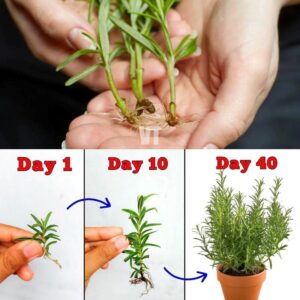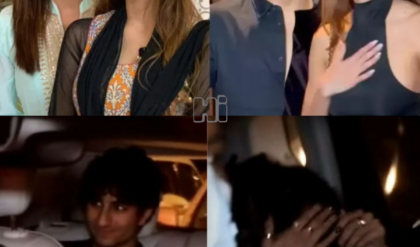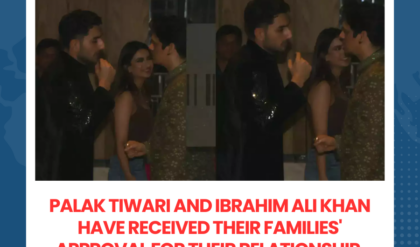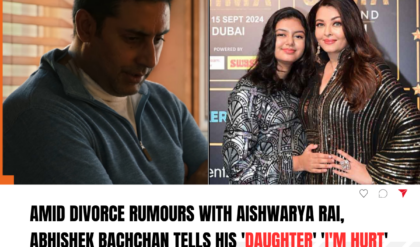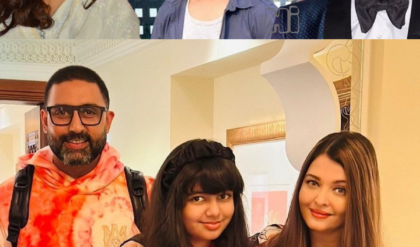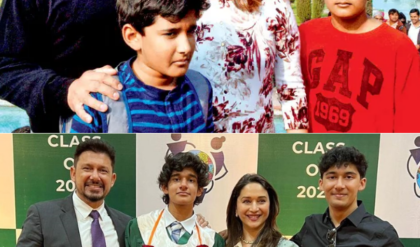In the world of Indian cinema, the clash between established stars and emerging talents often creates headlines, igniting discussions among fans and critics alike. One incident that stands out is the unexpected confrontation between veteran actor Sunny Deol and a younger actress, who, despite her age, managed to challenge his established heroism. This incident not only highlights the evolving dynamics of Bollywood but also raises questions about gender roles, power, and the changing face of heroism in the film industry.
Sunny Deol, known for his rugged persona and action-packed roles, has long been a symbol of masculinity in Indian cinema. From his iconic dialogues to his intense performances, he has carved a niche for himself as a quintessential hero. His movies often portray him as the invincible fighter, the protector of the weak, and the embodiment of justice. However, the arrival of younger actresses and their evolving roles in films has begun to challenge traditional narratives.
The confrontation in question occurred during the filming of a movie where the storyline required a complex relationship between Sunny Deol’s character and that of the younger actress. The actress, who was significantly younger and had her own growing fanbase, found herself at odds with Sunny’s portrayal of heroism. During a particularly intense scene, the actress decided to assert her character’s strength and independence, leading to a heated exchange between the two on set.
The incident escalated quickly, with Sunny, in a moment of frustration, slapping the actress. This shocking act not only stunned those present but also reverberated throughout the film industry. It brought to light the sometimes toxic environment that can exist on film sets, where power dynamics and egos clash. In the aftermath, both actors faced immense scrutiny from the media and the public. Supporters of the actress rallied behind her, condemning Sunny’s actions and calling for a reevaluation of how male actors treat their female counterparts. Social media was flooded with reactions, with many expressing their disappointment in Sunny, despite his longstanding status as a beloved actor.
This incident sparked a wider conversation about gender dynamics in Bollywood. Traditionally, the industry has been male-dominated, with female roles often relegated to supporting characters or romantic interests. However, with the rise of strong, independent female characters in recent years, there has been a shift in how women are portrayed in films. The younger actress in this incident represents a new wave of talent that refuses to be sidelined. She embodies the changing narrative, where women are given agency and complexity, challenging the notion of the male hero.
The reactions to the slap incident were varied. Some defended Sunny Deol, arguing that his actions were taken out of context and that the pressures of filming can lead to heightened emotions. Others stood firmly with the actress, emphasizing the need for respect and equality on set. This divide illustrates a broader cultural shift in India, where discussions about gender equality and women’s rights are becoming increasingly prominent.
The incident also raises questions about the responsibilities of actors as role models. Sunny Deol, with his immense popularity, has a significant influence on his fans. His actions can either reinforce or challenge societal norms. Conversely, the younger actress is carving out her own space in an industry that has historically marginalized women. By standing up to an established star, she not only asserts her own agency but also paves the way for future generations of actresses to demand respect and recognition.
In the aftermath, both actors took steps to address the situation. Sunny Deol publicly apologized, acknowledging that his actions were uncalled for and that he had let his emotions get the better of him. This was a crucial moment for him, as it demonstrated a willingness to learn and grow from the experience. The younger actress, meanwhile, used the platform to advocate for safer working conditions in the film industry, emphasizing the importance of mutual respect among colleagues.
The slap incident ultimately became a catalyst for change within the industry. Discussions surrounding workplace harassment, gender inequality, and the treatment of female actors gained momentum. Many industry insiders began to advocate for better protocols and training to ensure that all actors, regardless of gender, feel safe and respected on set. This incident served as a reminder that even in a glamorous industry like Bollywood, there are serious issues that need to be addressed.
Watch video:
News
आलू टावर कैसे बनाएं: कुशल बागवानी के लिए चरण-दर-चरण मार्गदर्शिका
सीमित जगह में आलू उगाना चुनौतीपूर्ण हो सकता है, लेकिन आलू टावर की मदद से आप एक छोटे से क्षेत्र में अपनी उपज को अधिकतम कर सकते हैं। आलू टावर, खास तौर पर पुआल का इस्तेमाल करने वाले, शहरी बागवानों…
पानी में कटिंग से आम के पेड़ कैसे उगाएं: एक चरण-दर-चरण मार्गदर्शिका
पानी में कटिंग से आम के पेड़ उगाना एक ऐसी विधि है जो सही तरीके से करने पर सफल हो सकती है। यहाँ पानी की विधि का उपयोग करके कटिंग से आम के पेड़ उगाने के बारे में विस्तृत चरण-दर-चरण…
घर पर मिर्च की खेती: शानदार विकास के लिए सुझाव
घर पर मिर्च उगाना आपके बागवानी अनुभव को और भी मजेदार बना सकता है। इस विस्तृत गाइड में, हम कंटेनरों में मिर्च की सफलतापूर्वक खेती करने के लिए आवश्यक चरणों और युक्तियों का पता लगाएंगे, जिसमें पौधों की जीवन शक्ति…
DIY वैटल रेज्ड गार्डन बेड: पर्यावरण-अनुकूल और देहाती पिछवाड़े परियोजना
सदियों से मज़बूत, सुंदर संरचनाएँ बनाने के लिए वेटल वीविंग का इस्तेमाल किया जाता रहा है। लचीली शाखाओं या टहनियों को आपस में जोड़कर, मुख्य रूप से विलो या हेज़ल से, आप एक टिकाऊ और सौंदर्यपूर्ण रूप से मनभावन उठा…
पानी में कटिंग से रोज़मेरी कैसे उगाएं और उन्हें गमलों में कैसे रोपें
रोज़मेरी एक बहुमुखी और सुगंधित जड़ी बूटी है जो कई व्यंजनों में एक रमणीय स्वाद जोड़ती है। घर पर रोज़मेरी उगाना न केवल सुविधाजनक है बल्कि यह भी सुनिश्चित करता है कि आपके पास हमेशा ताज़ा रोज़मेरी हो। रोज़मेरी को…
आपको अपने बगीचे में पर्सलेन क्यों लगाना चाहिए: 8 सम्मोहक कारण
पर्सलेन (वर्डोलैगा) बगीचों में उपद्रव से एक मूल्यवान खजाने में बदल गया है! यह असाधारण पौधा किसानों के बाजारों और प्रतिष्ठित रेस्तरां में अपनी जगह फिर से हासिल कर रहा है, न केवल स्वास्थ्य लाभ प्रदान करता है बल्कि पाक…
End of content
No more pages to load




